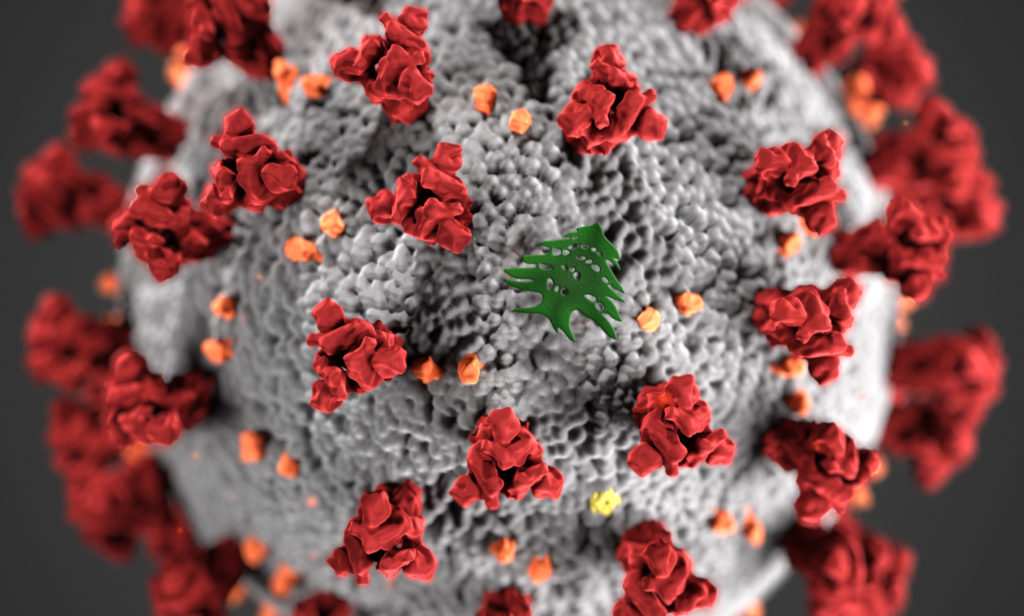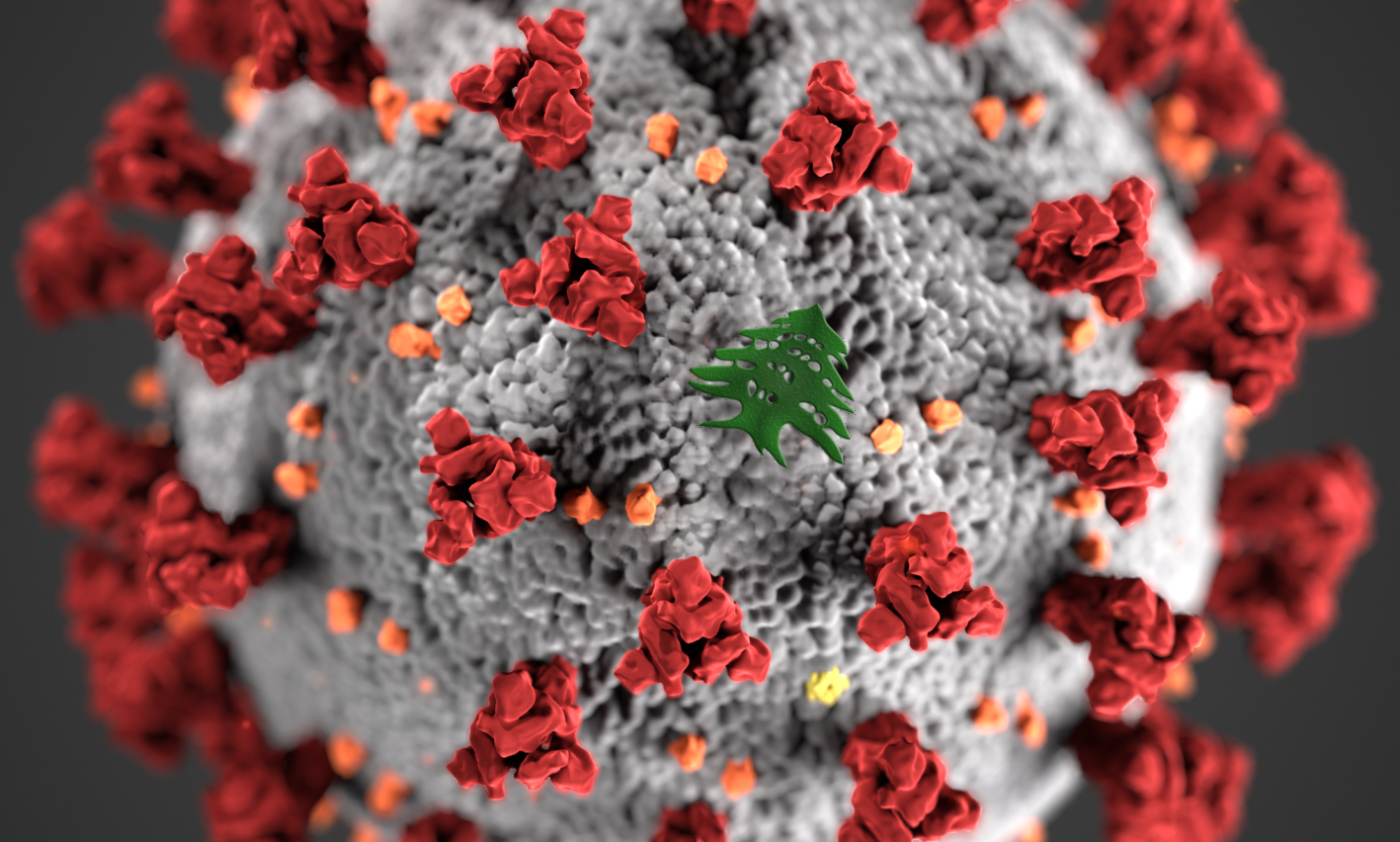
50% of the corona tests during the past days “confirmed the presence of the new variant of the virus.” On Dec. 25, Lebanon reported its firs case of the new new variant on a flight coming from London.
Beirut – A new variant of the novel coronavirus is spreading rapidly in Lebanon, an official warned on Friday.
”Coronavirus tests conducted in two major laboratories in Lebanon showed a genetic mutation in the virus,” Ali al-Miqdad, a member of the Health Committee at the Lebanese parliament, told official National News Agency.
He went on to say that 50% of the tests during the past days “confirmed the presence of a new variant of the virus.”
On Dec. 25, Lebanese Caretaker Minister of Health Hamad Hassan announced that authorities detected the first case of new coronavirus variant on flight coming from London.
Al-Miqdad warned of the seriousness of the situation in Lebanon, adding: “We do not have places for patients even in hospital emergencies, and what is noticeable is the high rate of cases among the youth.”
Last week, Lebanon saw a record rise in daily virus infections, as it reported more than 5,000 new virus cases daily.
The country has registered a total of 237,132 virus cases, including 1,781 deaths, and more than 144,000 recoveries.
Lebanon has declared a state of health emergency and imposed a curfew to stem the spread of the coronavirus.
About the new variant
The new variant of the COVID-19 virus has increased concern throughout the world. It appear to be more contagious, but there’s lots scientists are trying to learn
Scientists and public health experts are working to better understand what impact new variants will have on the course of the pandemic. Here’s what we do and don’t know so far.
How does a virus mutate?
While the idea of a virus mutating might sound scary, it’s actually quite normal. Viruses mutate constantly. This is especially true of viruses that contain RNA as their genetic material, such as coronaviruses and influenza viruses.
All viruses are made up of a bundle of genetic material (either DNA or RNA) that’s covered by a protective coating of proteins. Once a virus gets into your body – usually through your mouth or nose – it latches onto one of your cells. The virus’s DNA or RNA then enters your cell, where it can make copies of itself that go off and infect other cells. If the virus can copy itself and hijack enough of your cells without being wiped out by your immune system, that’s how you get sick.
Every now and then, an error occurs during the virus’s copying process. That’s a mutation.
Most of the time, mutations are so small that they don’t significantly affect how the virus works, or they make the virus weaker . But occasionally, a mutation actually helps the virus copy itself or get into our cells more easily.
What do we know about the new coronavirus variant?
According to Cleveland Clinic , there are two new coronavirus variants that have emerged recently. Each has its own set of mutations, but they both contain small changes to parts of the spike protein that helps the coronavirus attach to our cells.
So far, the main concern is that these virus variants seem to have mutated in ways that make them more easily passed from one person to another.
“This is concerning, because it means the virus could spread more easily,” Dr. Rhoads of Cleveland Clinic says. In England it is estimated to be more than 50% more contagious than earlier versions of the virus.
Experts are taking this seriously and are working to better understand what these and other mutations could mean for the pandemic. So far, experts say there’s no clear evidence that the new virus variants are deadlier, cause more severe disease or will make COVID-19 vaccines ineffective.
The contagiousness of the newer variants is all the more reason to stay careful and follow public health measures for preventing the spread of the virus – like wearing a mask, washing your hands, limiting close contact with others and getting vaccinated when you’re able.
Ya Libnan , AA


Leave a Reply
You must be logged in to post a comment.